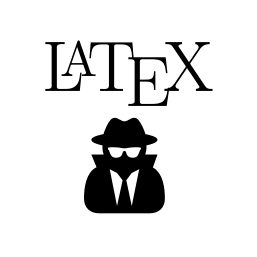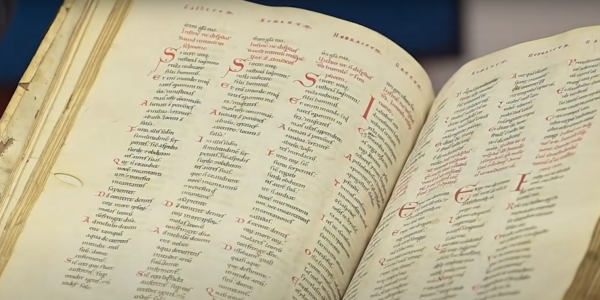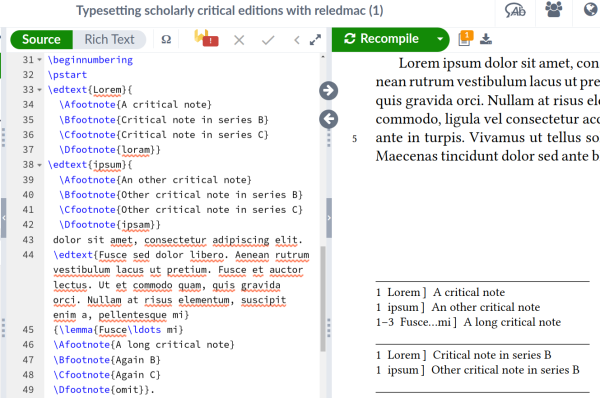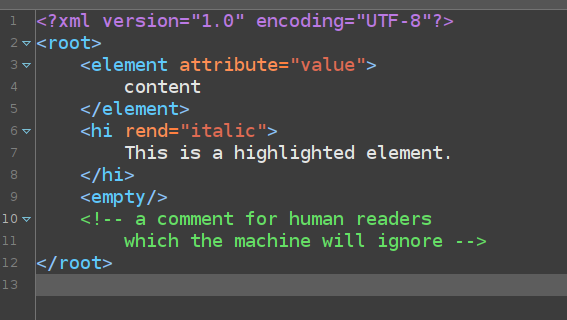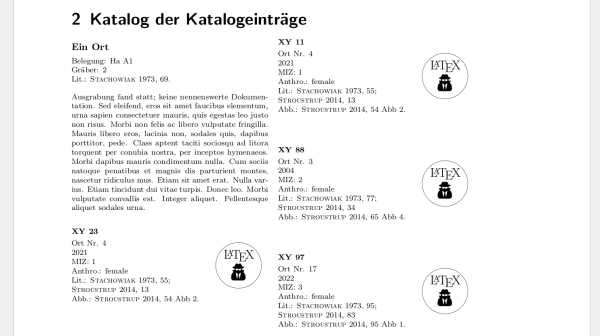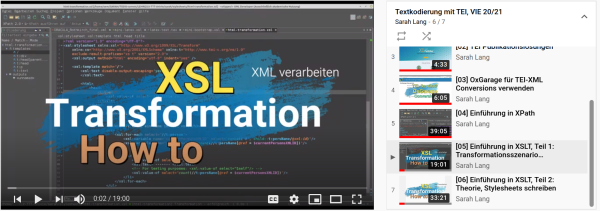Today’s post is a quick introduction to version control as a concept and version control systems. It explains what they are and why you should be using them. I was just sending one of my best old-timey blogposts to a friend (How to quit MS Word for good), ended up re-reading it and realized that therein, I had promised that I would write a blog post on version control some day. And, if I’m not mistaken, I never followed up on that. So here you are, a short post on version control just to keep things going on the blog. What is Version Control? So I read this book a few years ago. The Complete Software Developer’s Career Guide: How to Learn Programming Languages Quickly, Ace Your Programming Interview, and Land Your Software Developer Dream Job by John Sonmez (Simple Programmer 2017). While I’m not that fond of its author anymore since I realized that he uses his platform to
read more A Primer on Version Control and Why You Need It
